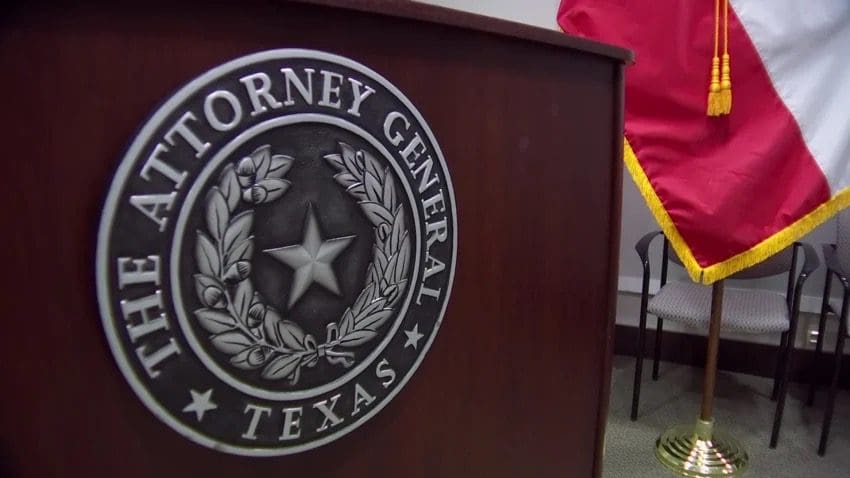A new rule being considered by the Texas Ethics Commission would have the commission policing the social media posts of citizens, chilling political speech with the threat of costly and arduous enforcement.
Texas election code generally requires political advertising to contain a disclaimer. The TEC has created several exceptions to this rule, however. One such exception is online advertising done by entities other than the candidate that does not exceed $100.
At their March 20 meeting, the commission unanimously moved to consider amending the rule at an upcoming meeting to include a requirement that the person or group posting the political message online “did not post or re-post the political advertising in return for consideration.”
While this move is ostensibly designed to go after “paid influencers” who receive compensation for political social media posts, in reality the rule would open up the commission to policing the social media accounts of every citizen.
Of particular concern is the broad phrase “in return for consideration.” Under this framework, a simple retweet from an elected official could place social media users in the crosshairs of the TEC, an expensive and draining process that has turned citizens away from political engagement.
Tony McDonald, a campaign finance attorney, says the move is another attempt to shut citizens out of the political process.
“The TEC leadership has confessed that their closed door enforcement proceedings cause a chilling effect on regular citizens’ speech,” said McDonald. “They’ve admitted that ‘those who attempt to comply are punished for doing so’ and that ‘simple people’ leave their proceedings in tears, swearing ‘they’ll never participate in the process again.’ They are now trying to establish even greater power for themselves, using a law that has long been declared unconstitutional to target Texans who speak on social media websites and spend less than $100 to do so.”
It’s those citizens, McDonald says, that are the target of this latest proposal.
“This is not aimed at big political actors, who have lawyers. It’s aimed exclusively at the little guy who spends almost nothing. The TEC is evil. The rule is evil. And the results will be evil.”
While the commission did not set a timeline for when they would consider giving final approval to the rule, it could be as soon as their next meeting in June.
“Citizens should call their legislators and ask why they allow secret speech police to turn them into criminals for not having a lawyer over their shoulder every time they post something online,” said McDonald.





